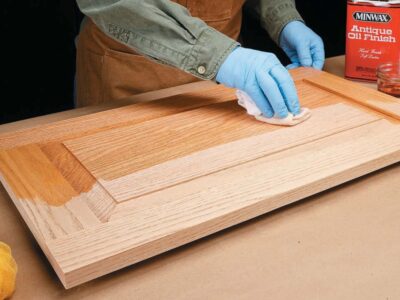
Improving the performance and efficiency of machinery has been a top concern in the industrial sector due to tight profit margins, unstable markets, and competitive challenges. For owners of industrial businesses, efficient asset utilization directly impacts profitability, productivity, quality, and safety.
However, holistic optimization is complicated since machinery ecosystems are complex collections of devices, parts, operations, and outside variables. This article examines many approaches operators can take to improve machinery’s longevity, robustness, and efficiency while maintaining operational safety.
Adhere to continuous maintenance.
Maintaining your industrial equipment helps you steer clear of worse issues. You’ll keep your facility operating efficiently and position yourself for future success if you stick to a planned program of maintenance and inspections. Keep a different record for every piece of equipment to keep abreast of repairs. Check the electric motors’ temperature, vibration, and noise levels weekly or daily. Inspect belts, shaft alignment, and lubrication, and check for efficiency.
Prepare ahead of time for equipment failures.
It is imperative to have a plan in place for the inevitable breakdown of equipment. Talk with your employees about managing the problem and what to do. Additionally, you should invest in high-quality equipment replacement parts from Kor Pak in advance and schedule routine maintenance for your equipment.
Note that severe weather can harm a manufacturing facility by causing blackouts. Ensuring you’re investing the proper time and effort to maintain these machines operating efficiently is directly related to your confidence in their ability to function when called upon.
Lubricate the parts
Any machine’s efficiency can be defined as the amount that friction and other variables deduct from the machine’s theoretical maximum work output. 100% efficiency is what a frictionless machine would possess. The best action is to reduce friction in the joints and moving components by lubricating them adequately. For instance, you need to keep the machine’s gearbox greased since it needs to overcome much friction. Additionally, it is essential to use manufacturer-recommended lubricating oil to ensure maximum equipment efficiency.
Boost training
Knowledgeable workers yield higher output. Employees should get continuous, comprehensive training that equips them with the skills and information to operate equipment safely. When given the correct information, staff members can confidently operate machinery and handle issues independently when they emerge. Improving industrial efficiency through training is a simple and efficient method.
Examine your machines regularly.
Reviewing your machines routinely and methodically is another step to increasing their efficacy. You can utilize audits, inspections, and assessments to verify that your machines meet safety, quality, and compliance requirements. You can also gather comments and thoughts about your machines from stakeholders, customers, and operators through surveys, interviews, and feedback forms. Increase the accountability, alignment, and improvement of your machines by reviewing them.
Conclusion
Maintaining the best possible condition for your machinery goes beyond simply making the place look nice for facility tours. Preventative maintenance and a cleaning schedule can extend the life of the equipment and improve its efficiency. That minimizes downtime that could negatively impact your company.











